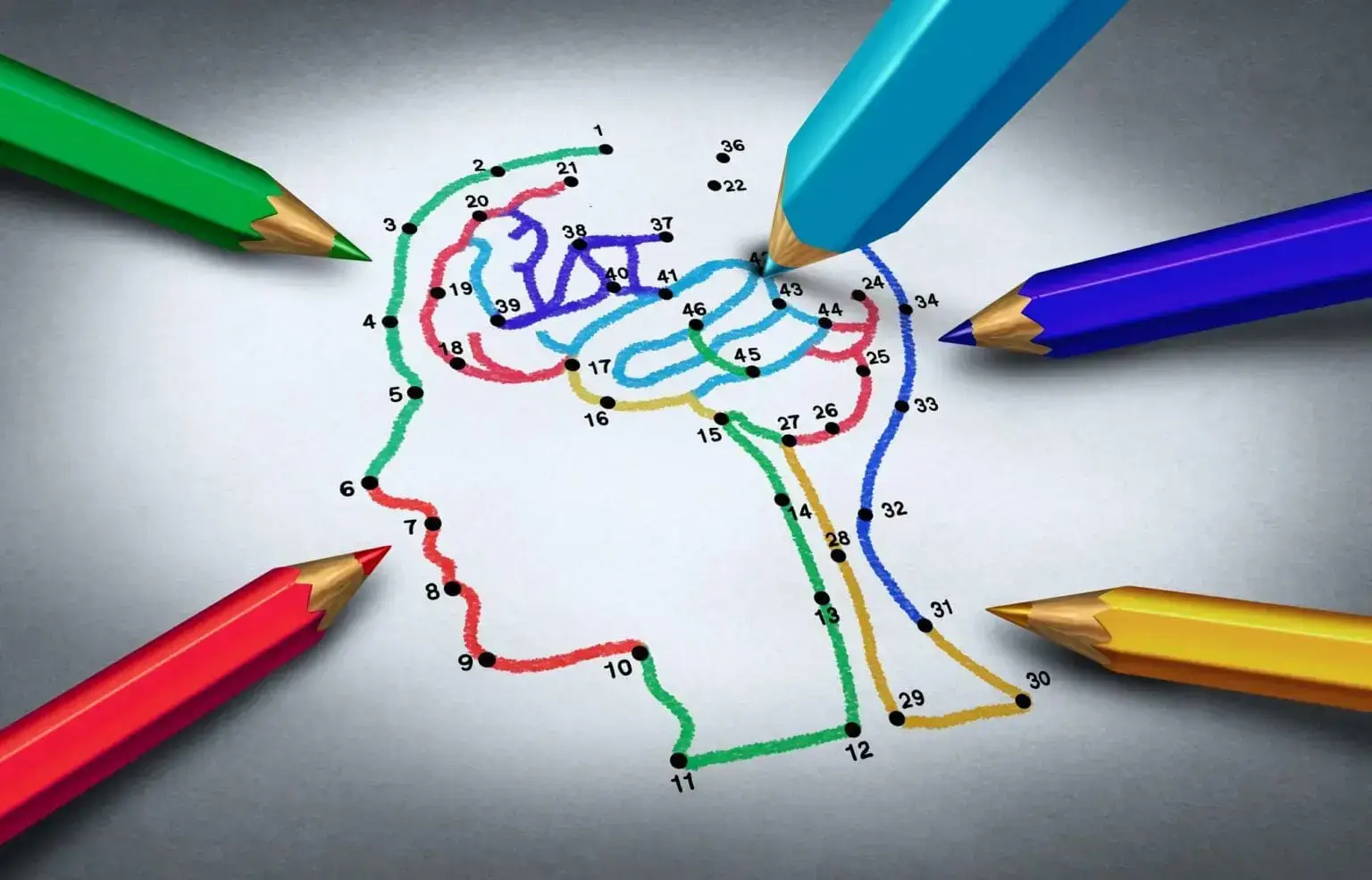Shop Class in Oak Park, Sacramento, has created a model for what inclusive education can be for neurodiverse children and young adults. It is much more than a shop class with machines and tools. Shop Class is a space that was built on the idea of creating an environment where children with ADHD, Autism Spectrum
Autism diagnosis and treatment have been a significant concern in recent years. As of now, there is no definite cure for Autism, but thanks to timely diagnosis and ABA intervention, its impact on a child’s development can be significantly reduced. The earlier the diagnosis, the better the chances of improvement.
Spotting Autism Signs in Children
Parents and teachers are always the first to spot a child’s unusual behavior, such as avoiding eye contact, stimming, sensory problems related to bright light, and fixating on tasks for long. These are just among the few signs. Identifying these early indicators of Autism still poses a significant challenge due to its complex nature. It requires a thorough understanding of what Autism entails and careful observation to diagnose it at an early stage accurately.
A research team led by Vittorio Tantucci, Senior Lecturer in Linguistics and Chinese Linguistics at Lancaster University, has recently introduced a new approach that could potentially simplify identifying Autism by analyzing how children imitate their parents’ language.
The research procedure
The team conducted a study involving 180 children, ages 3 to 5, who spoke Mandarin. The participants included neurotypical and autistic Children. The goal was to examine a phenomenon known as “echoing,” where children often repeat and modify what their parents say to them.
This phenomenon was observed to be less common in children with Autism, which could potentially serve as a red flag for early diagnosis. An example of this would be when a mother says, “The bird flew up high in the sky,” and a neurotypical child responds by saying, “Up high in the sky” or “Flew high.”
On the other hand, in many cases, a child with Autism may not echo at all. This does not necessarily mean the child is less creative or less responsive; rather, it indicates the child has a different way of processing language.
This new tool could potentially aid parents and professionals in identifying early signs of Autism in children who may have difficulty with social interactions and communication.
Autism Awareness and Support in Sacramento, CA
Here at Sacramento ABA Therapy, we recognize the importance of early detection and intervention for individuals with Autism. That’s why we offer various services to support families and individuals affected by ASD, including diagnostic assessments, therapy programs, and support groups.
We also strive to raise awareness and promote understanding of Autism in our community.

